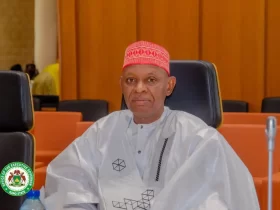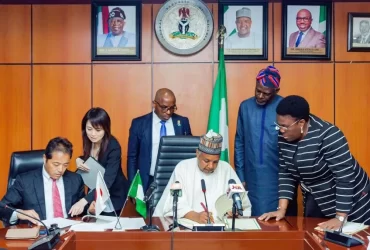TerraPay, an emerging digital payments platform with a focus on the African market, recently closed a substantial $95 million debt financing round. This significant investment is aimed at propelling the growth of affordable remittance services throughout the continent
Investors and Funding Focus:
A group of investors, including the International Finance Corporation (IFC), ILX, and the British International Investment (BII), have contributed to this investment. The primary goal of this funding is to improve the efficiency, speed, and cost-effectiveness of cross-border money transfers within Africa.
Expansion and Partnerships:
The infusion of capital is set to play a pivotal role in TerraPay’s strategic expansion into new international markets and partnerships with additional money transfer operators. This expansion is anticipated to amplify the volume of transactions processed by TerraPay, contributing to a reduction in transaction costs.
Utilization of Funds:
TerraPay is poised to utilize the newly acquired funds to fortify its existing infrastructure, broaden its network reach, and invest in state-of-the-art technological solutions. These advancements are aimed at tackling real-world challenges in the payments sector.
CEO’s Perspective:
Ambar Sur, the Founder and CEO of TerraPay, expressed that this significant investment reaffirms the company’s dedication to revolutionizing the payment systems across Africa. He highlighted the crucial role of the IFC in TerraPay’s journey thus far and expressed enthusiasm about deepening this partnership to further the cause of financial inclusion and ease of access across the continent.
Collaboration for Financial Inclusion:
TerraPay is set to collaborate with Enza, a venture capital firm, to drive financial inclusion by integrating a multitude of businesses into the formal financial system for the first time, marking their transition into the economic mainstream.
Impact and Benefits:
TerraPay’s initiative is aimed at making financial transactions more economical and widely available, addressing the historically high costs associated with remittances in sub-Saharan Africa. This move has the potential to benefit millions of individuals across the continent by facilitating more accessible money transfer services.


















